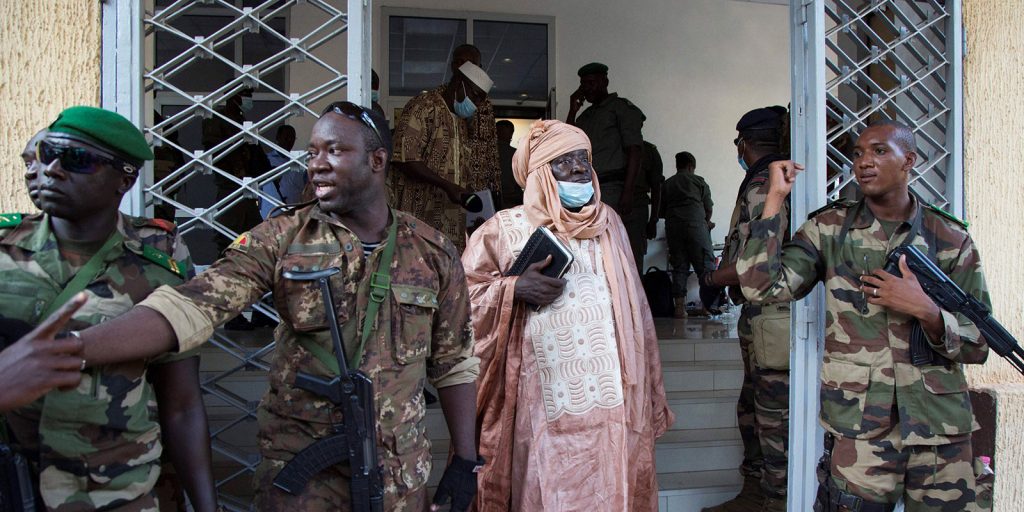
COVID-19 Conflict & Resilience Monitor – 10 June 2021
During the COVID-19 crisis ACCORD’s analysis is focused on the impact of the pandemic on conflict and resilience in Africa.

During the COVID-19 crisis ACCORD’s analysis is focused on the impact of the pandemic on conflict and resilience in Africa.
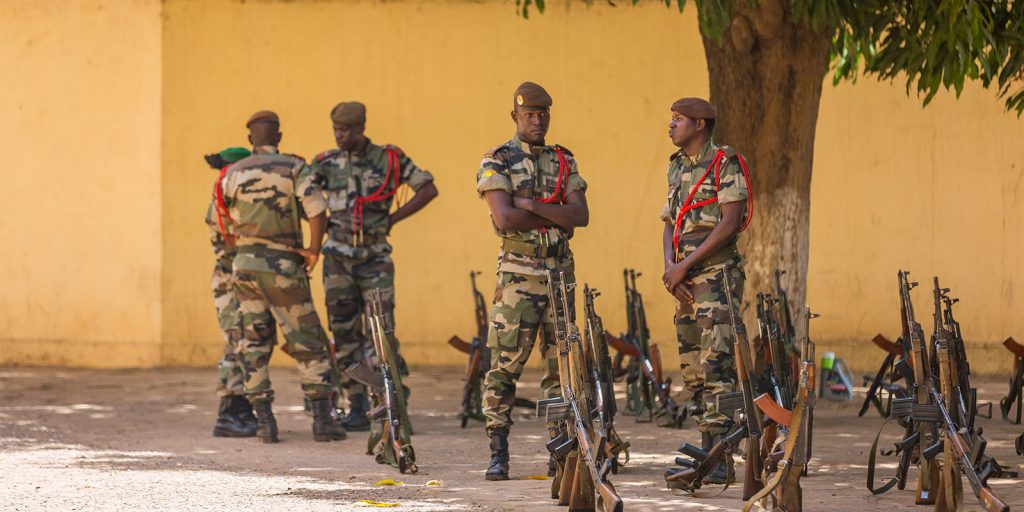
The coup d’état in Mali which occurred on 24 May 2021, the second in nine months, marks another critical juncture for the country. Mali continues to face a multi-faceted crisis: a resilient jihadist insurgency which is highly active in northern, central and increasingly southern parts of the country, communal violence and the rising prominence of self-defence militias.
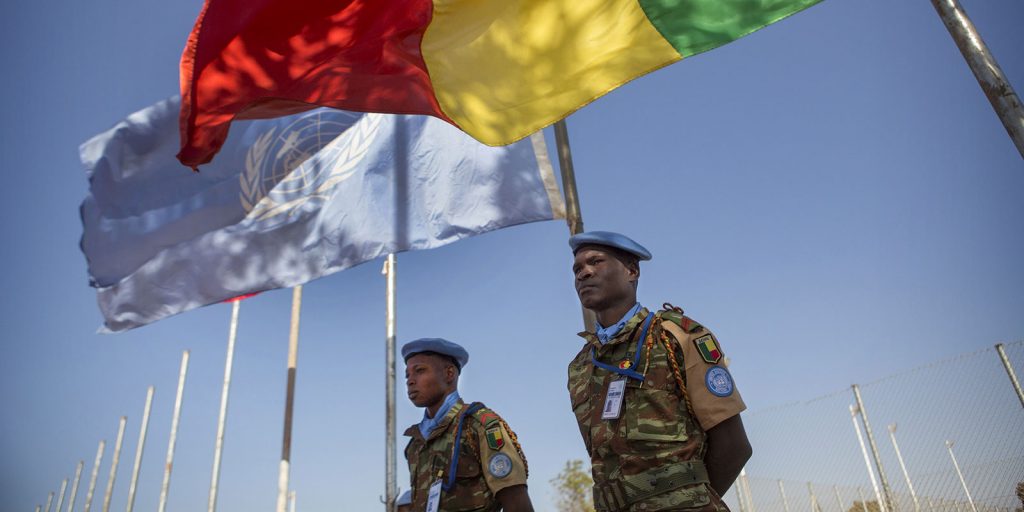
This month, the United Nations Security Council will renew the mandate of the 8-year-old United Nations Multidimensional Integrated Stabilisation Mission in Mali (MINUSMA) at a time of multiple transitions and great uncertainties, which we have analysed in this recent EPON report.
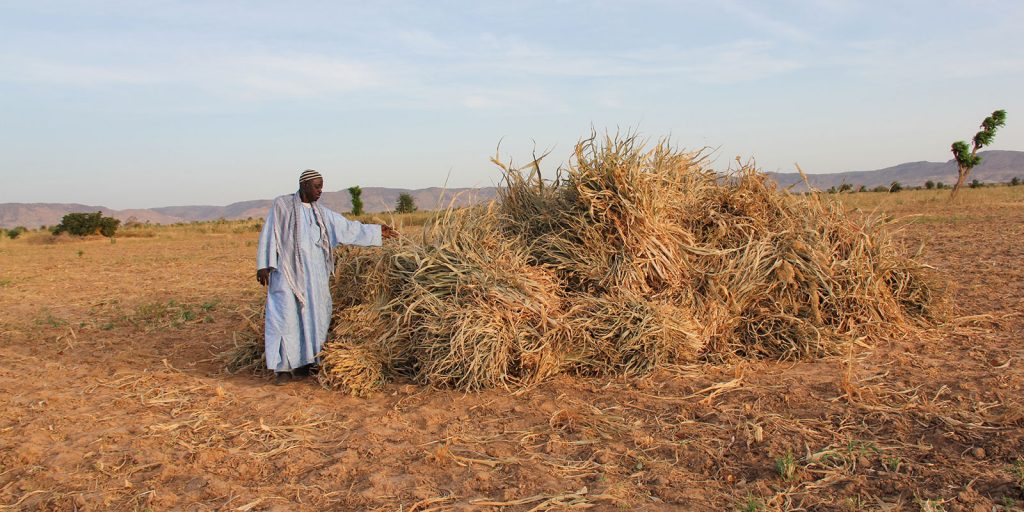
Since May 2020, violent conflict has killed 2,070 people in Mali. Insecurity has forcibly displaced more than 300,000 people, of whom 56 per cent are women. The drivers of Mali’s multiple conflicts are not arcane. Meaningful dialogues around poverty, marginalisation, limited livelihood opportunities, weak governance, political instability and more, can open doors to engaging with the community militias and armed groups that operate in the country. More reason, then, to ensure that the turbulent winds of climate change do not blow those doors shut.
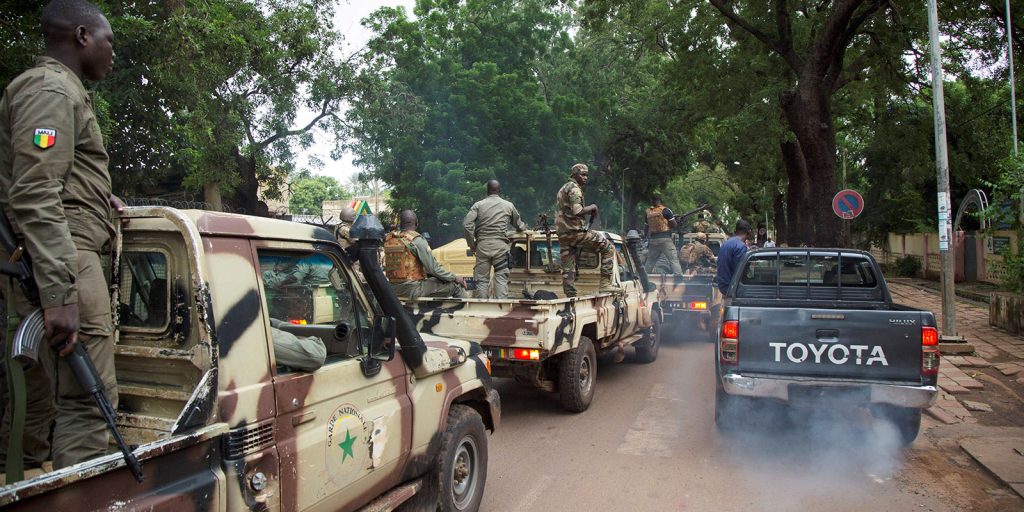
On 24th May 2021, news broke of yet another coup d’état in Mali, the third in the last decade following the 2012 and 2020 military takeovers. The ‘palace’ coup sees Col Assimi Goïta, yet again, seizing power in Mali and detaining transitional President Bah Ndaw and Prime Minister Moctar Ouane, after accusing them of failing in their duties and trying to sabotage Mali’s transition to democracy.
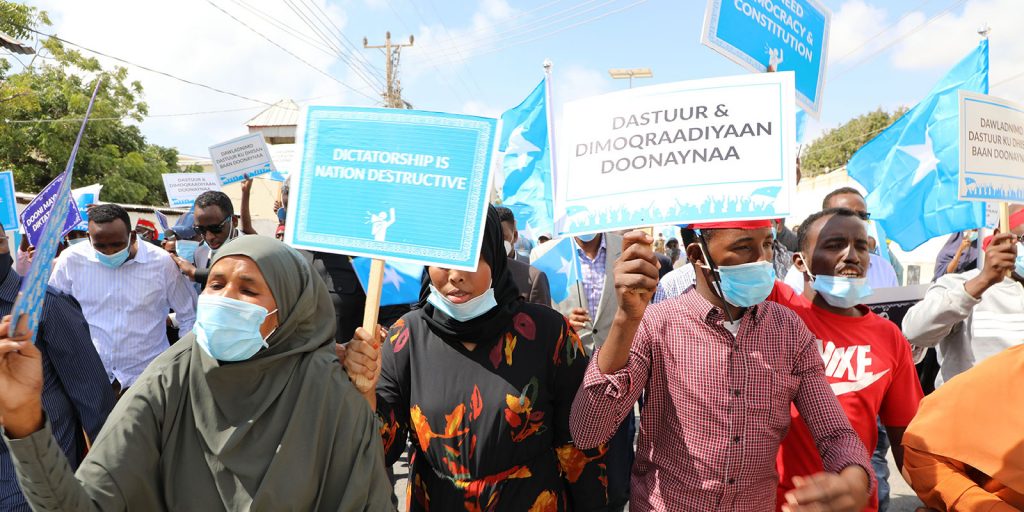
During the COVID-19 crisis ACCORD’s analysis is focused on the impact of the pandemic on conflict and resilience in Africa.
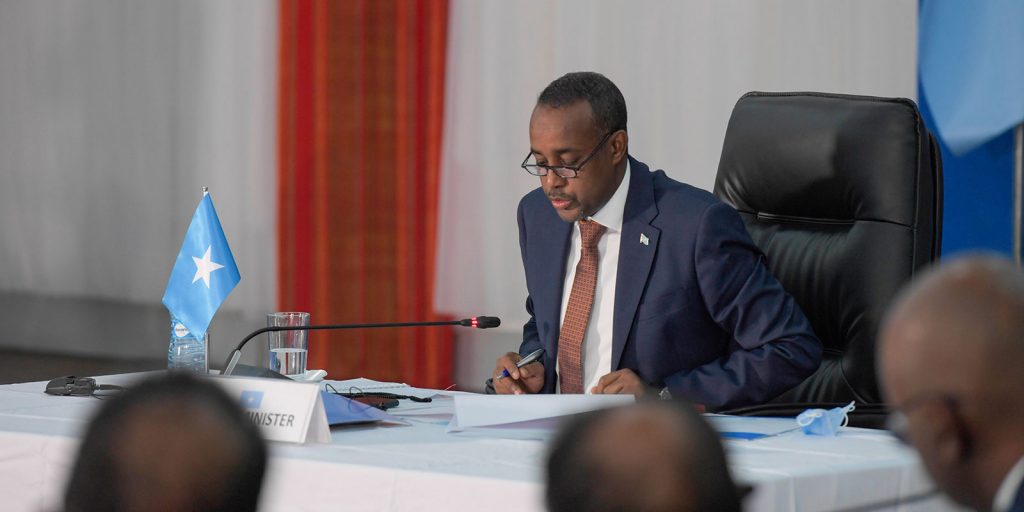
Thursday, 27 May 2021 marked a watershed moment for Somalia. It was the day Somali leaders met under the auspices of the National Consultative Council and announced a breakthrough in dialogue to resolve the impasse over the holding of federal elections. The deal provided an important implementation framework for the famous 17th September Agreement on parliamentary and presidential elections.
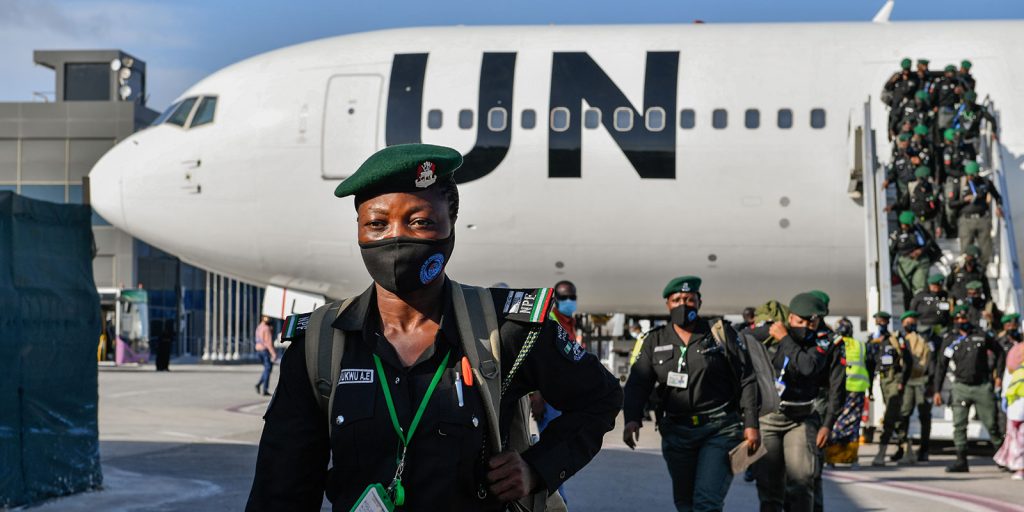
Following months of political impasse and rising tensions over the holding of elections in Somalia, the leaders of the Federal Government of Somalia and of the country’s Federal Member States signed a key agreement on 27 May that paves the way for elections. This was the culmination of several weeks of consensus-building efforts led by Prime Minister Mohamed Hussein Roble.
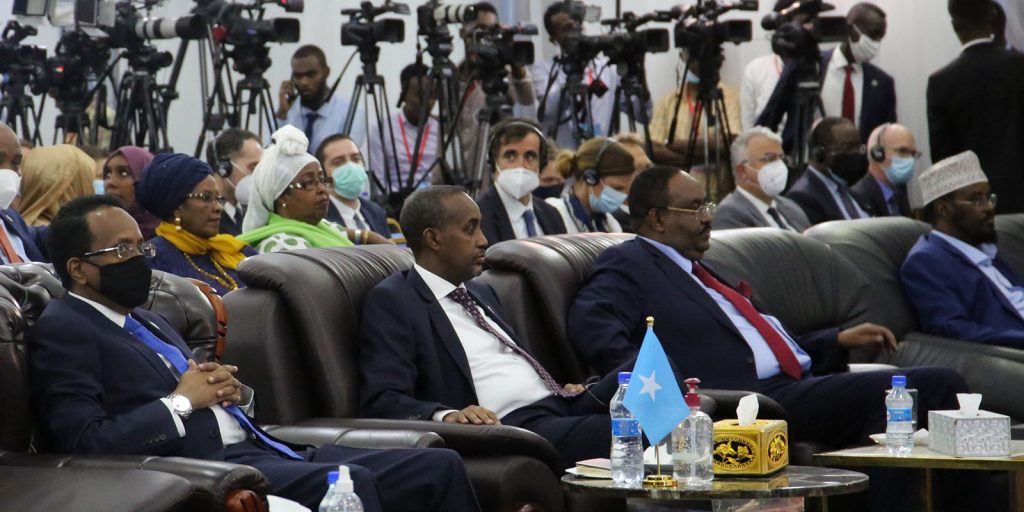
Since February, a series of rash political decisions took place that threw the country into chaos. Although the election deadlock has now been resolved and a new agreement reached on 27 May, the repercussions of the recent political drama are wide reaching.
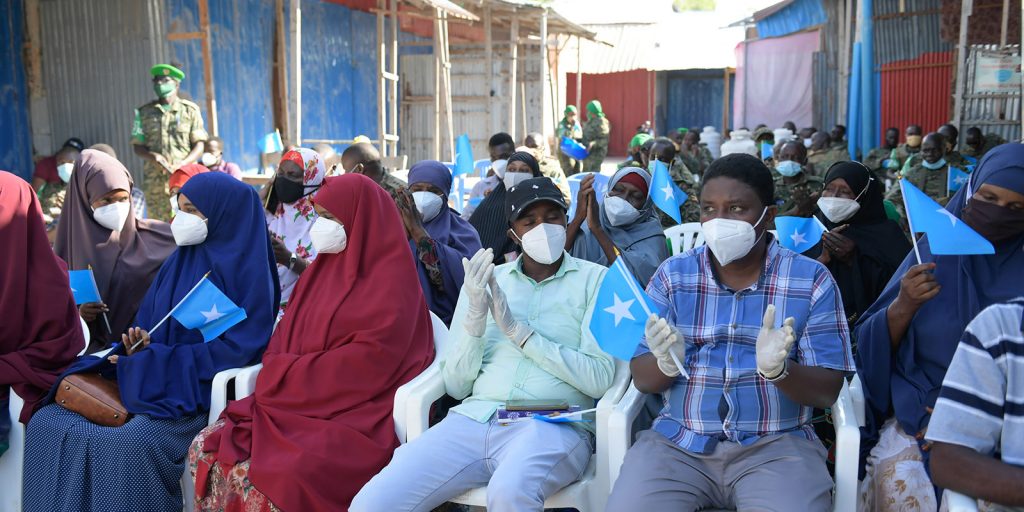
On 27 May 2021, the Federal Government of Somalia (FGS) and Federal Member States (FMS) signed a major agreement that would put the country back on an electoral pathway after months of intense political standoff over the type and process of elections. In late April, armed clashes broke out in the capital after the lower house of the bicameral parliament passed a controversial resolution extending its own mandate and that of President Mohamed Abdullahi Farmaajo by two years. The decision was rejected by almost all domestic political stakeholders in the country, as well as the overwhelming majority of the international community.